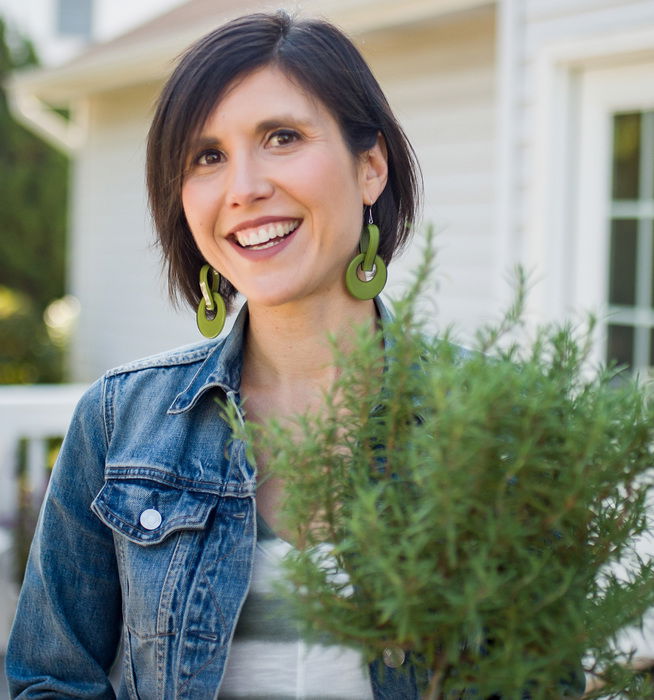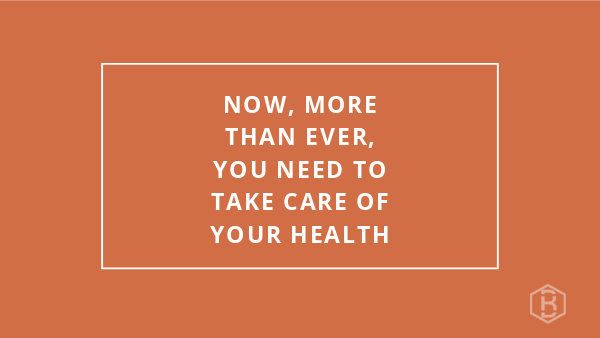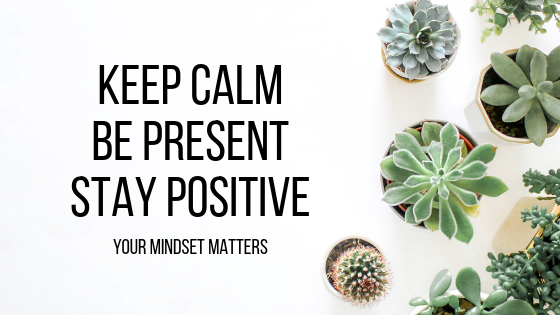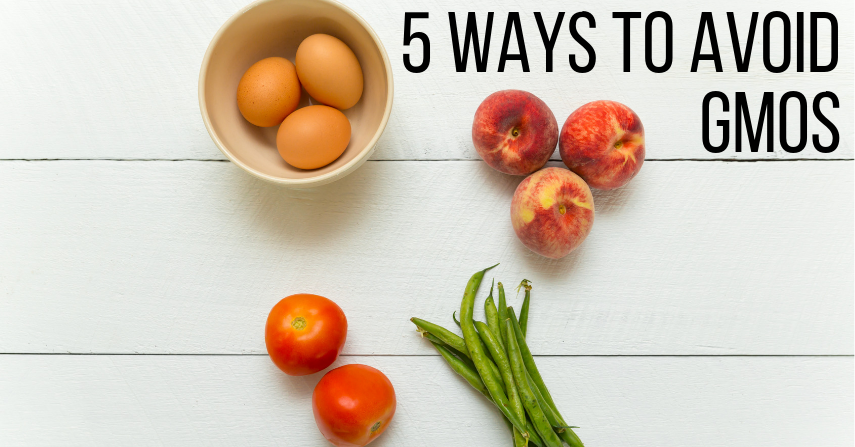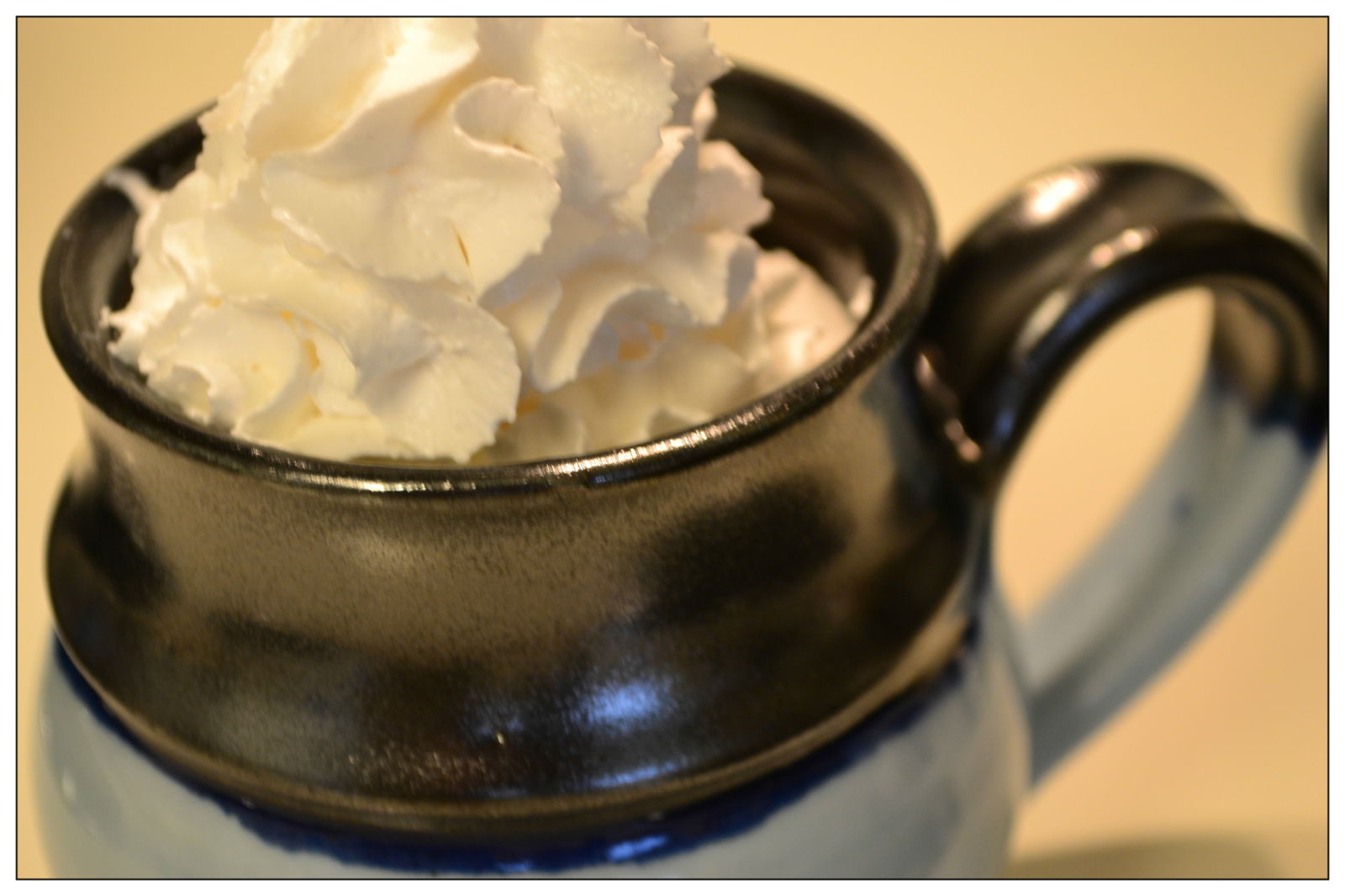Struggling to get and stay asleep? You absolutely aren’t alone. So many of my patients and friends have been contacting me and expressing their concern over sleep issues. I realize how hard it might be for you to relax your body and shut off your brain. But, you’ve got to do it. Sleep is absolutely critical to a robust and healthy immune response. So, let’s talk about simple and effective steps that you can take to improve your sleep.
1. Low dose of melatonin: Melatonin is an over the counter hormone supplement that’s been shown to be effective in helping people fall and stay asleep. I suggest starting with the lowest effective dose which for many people is 0.5 milligrams. You’ll take melatonin 1-2 hour prior to bedtime. Whenever you choose any supplement, you first want to be sure it’s safe and effective. Check the bottle and look for USP (United States Pharmacopeia) verification; certification from USP ensures quality and correct dosage of the supplement. At the time I am writing this, Pure Encapsulation is a brand I trust.
While there are a few contraindications (like kidney disorders, liver disease, pregnancy, breast-feeding, certain autoimmune disorders, and others) and some interactions with certain medication (if you’re taking medications, consider discussing melatonin with your health care provider), most people are able to take a low dose of melatonin safely.
Dr. Kristen Bentson recommends: Melatonin .5mg by Pure Encapsulations
2. Blue light blocking glasses: Studies have shown that exposure to blue light from computer, tablet, and smartphone screens may negatively affect circadian rhythms and sleep. A simple way to protect yourself is by wearing blue light blocking glasses any time you’re staring at a screen and especially after 4 pm. You can grab an inexpensive pair online (mine were under $25).
3. Brain Dump: An hour before bedtime (around the same time you’re taking melatonin), grab a journal and pen and dump out everything that’s in your brain. All the lists, concerns, fears, anxiety, and even ideas and leave them there for the next day. Waking up in the middle of the night? Leave a pen and pad near the bed, write down whatever thoughts are racing through your head, and leave them for tomorrow.
4. Biofeedback: Biofeedback is a healthy, drug-free way to manage stress and anxiety. I highly recommend HeartMath to many of my patients, and I see great results.
5. Limit Media: I think that media (both social media and the news) ramps up the noise levels in our brains. These negative cycles facilitate neuronal pathways that keep us in a state of anxiety and depression. Be really intentional about the media you consume; physically set limits on your phone for certain websites and choose to check-in only 1 to 3 times per day.
I am starting a brand new YouTube Channel! Check out my first video all about sleep. If you like it, will you please subscribe? If I get 1,000 subscribers, I will go live and take/answer your questions in real-time! It would mean a lot to us if you would share it with your friends.
In Health,
Dr. KB



